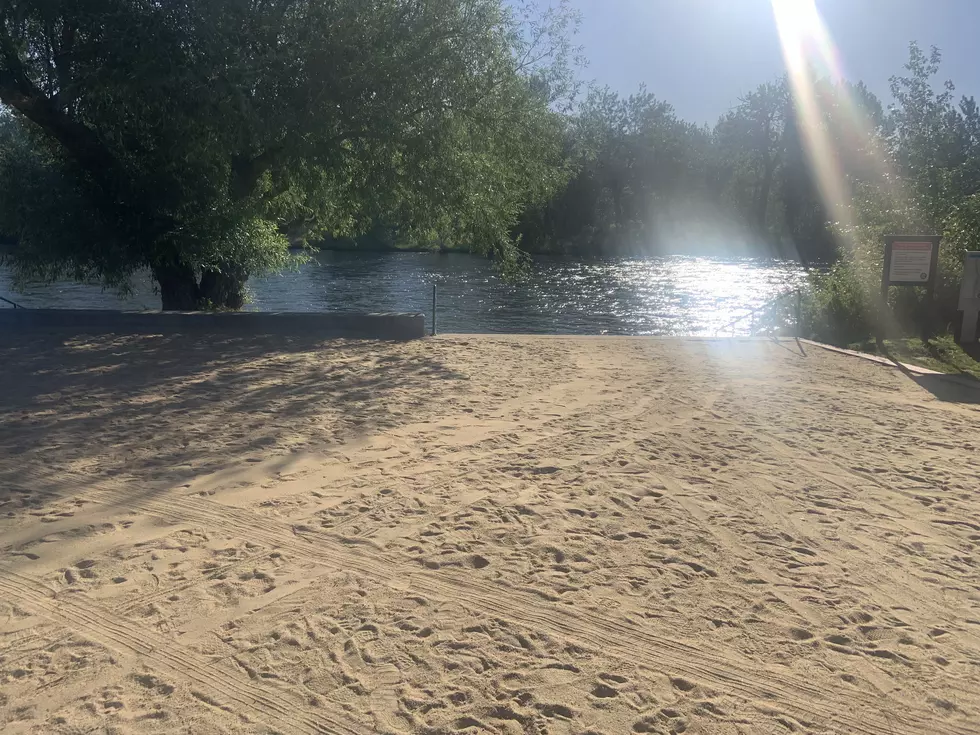
Can You Sue Your Lazy Neighbor for Not Shoveling in Idaho?
Slip-and-Fall Accidents in Idaho
Unless you can prove you were injured because a neighbor (or a company) didn't clear their sidewalks, no, you can't just sue them.
That said, the legal landscape surrounding slip-and-fall accidents in Idaho is hardly black and white for both sides. If a judge finds they were negligent in maintaining safe grounds, any Idaho property owner can be held legally responsible for accidents on their grounds.
How do you prove negligence in a slip-and-fall case in Idaho?
Negligence can be found in several ways, including a failure to address known hazards like pooling water, snow, or ice or not warning pedestrians of potential dangers with clearly visible signage.
Another aspect of Idaho law is comparative negligence. In short, if the injured party shares some of the blame for the accident, their financial compensation could be reduced proportionally.
That's what makes it a big deal for both parties involved to prove their level of responsibility for the accident. According to Sargent Law Firm, doing so can ensure awarded damages are fair and proportional to the degree of fault each party holds.
Idaho has a statute of limitations for slip-and-fall accidents.
If you're a property owner, it's important to know Idaho has a two-year statute of limitations for slip-and-fall accidents. This is a set time window for a person to file a lawsuit for an injury on private or public property.

If they can't prove negligence, they don't have a case in Idaho.
Proving negligence is a big part of a successful personal injury claim.
It's up to the injured person to provide clear evidence of how the property owner was at-fault for the accident and subsequent injuries. Evidence can include pictures and video of the scene, witness statements, and medical records.
Boise Snow Shoveling Ordinance
Whether you're a homeowner or a business owner, slip-and-fall accidents can have major consequences in Idaho. If you're a Boise resident, you might avoid a run-in with lawsuit-happy people by following the city's mandatory snow shoveling rule this winter.
Boise City Code 9-08-07, first introduced in 1922, clearly states it's the responsibility of a building owner, whether it's a home, business, or church, to shovel their sidewalks whenever it snows.
Typically, snow melts quickly in Boise and doesn't linger long enough to pose significant threats. But on those days when the snow does stick around, it becomes a top priority for property owners to grab their shovels to avoid a fine or, worse, a lawsuit.
Scroll on for a look at Boise's winter laws every local should know.
5 Winter Laws, Rules and Etiquette That Everyone in Boise Needs to Know
Gallery Credit: Michelle Heart
3 Idaho Winter 2023-2024 Predictions You Might Hate & 1 You'll Love
Gallery Credit: Ryan Antoinette Valenzuela
15 Wacky Winter Weather Facts To Help You Survive the Season in Boise
Gallery Credit: Michelle Heart
More From Mix 106







